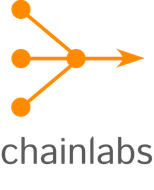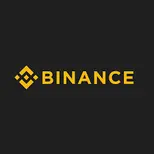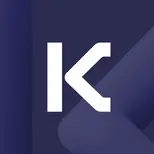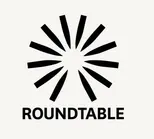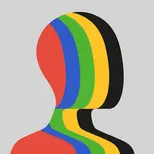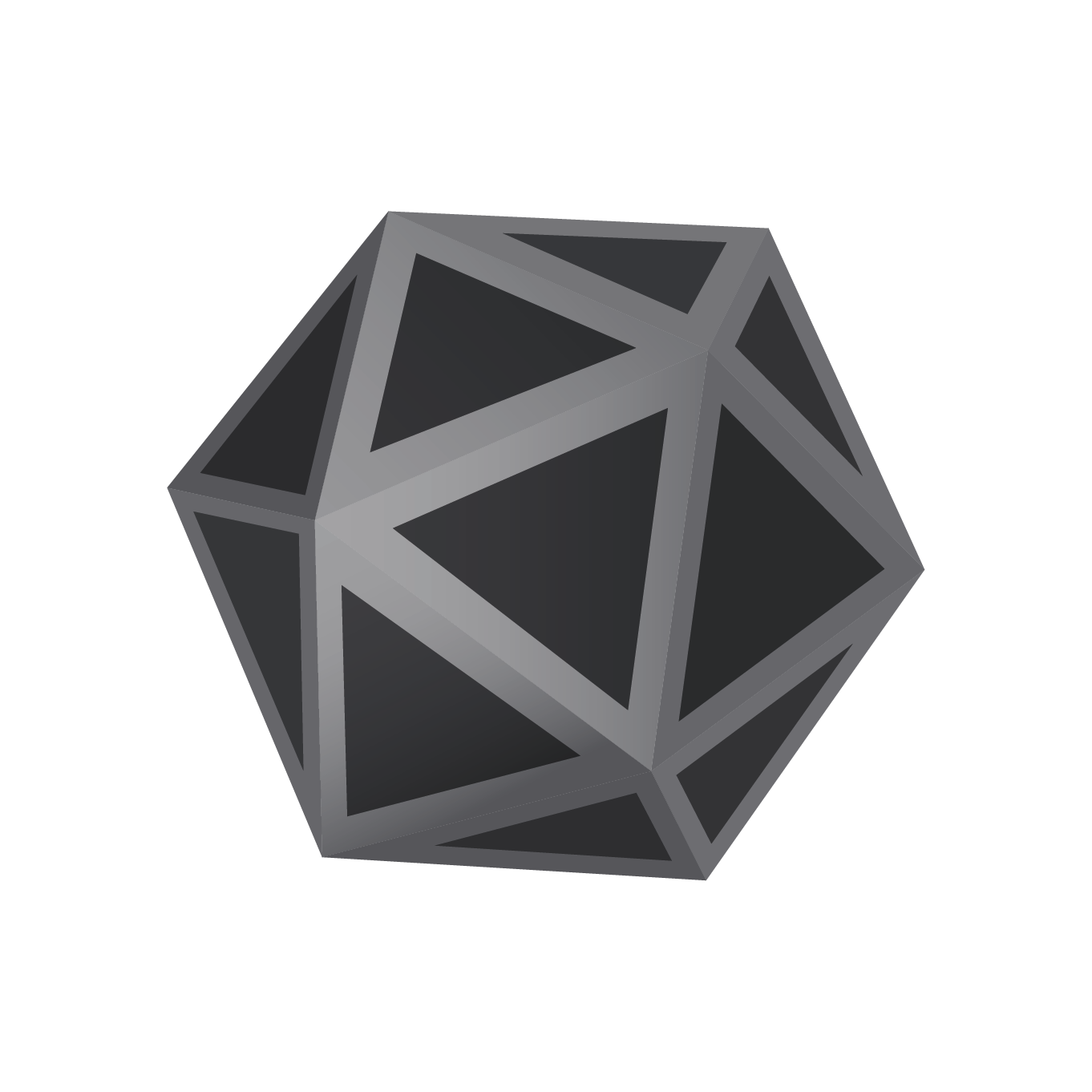Frequently Asked Questions
What are NFTs?
Do you have an ID? Have you ever gone to a concert and kept the ticket? Do you have a high school certificate? Those are NFTs!
Well, kind of. Non-Fungible Tokens are a type of digital asset that's stored in the blockchain, forever! It serves as proof of ownership of something unique.
Fungible vs Non-fungible
NFTs are new for a couple of things, the fact that they are registered in the blockchain and that everyone can see it in a public way. But, non-fungible items have been a thing for a long, long time.
Fungible
We are counting on you not losing all your money in crypto and owning a smartphone. You love your smartphone, and you feel is unique and irreplaceable. That ain't true homie. Unless you have a really unique phone, it is likely a lot of people own the same phone. And if there was to be an exchange of the same phone, one could have more value for small details like fewer scratches. If the phones were of the same quality they would have the same value and would be interchangeable. Let's go for an even easier example, a dollar bill. A dollar will always have the same value compared to other dollars, making it non-unique.
TL;DR: a fungible item is one that can be changed for an identical value item, a dollar is a good example.
Non-Fungible
A dollar bill is fungible, they have the same value as other dollar bills and that makes them changeable for an identical item (another dollar). Now, let's same that dollar (we know it's fungible) gets signed by Elon Musk. Uh, that sounds kind of unique, is that dollar special? It is! It would be so unique that it would, it's now classified as non-fungible.
Are you confused? Let me make it clearer for you. Non-fungible items are unique (or pretty rare). A birth certificate is non-fungible because only one person can have it (ideally) and its value is not quantifiable. The same happens with collectible items, such as swords, baseball cards, art, and enemy heads. Those items are rare, and their value is something not easy to quantify.
Wrapping it up
So you know what an NFT is, let's go with one last definition according to Google/ChatGPT. NFTs, or non-fungible tokens, are unique digital assets that are stored on a blockchain. Each NFT has a distinct digital signature, which makes it one-of-a-kind and impossible to replicate. NFTs can be used to represent any type of digital content, such as images, videos, music, and even tweets. They have become increasingly popular in the art world, where they are used to sell digital artwork. The ownership of an NFT is recorded on a public blockchain, making it easy to verify and transfer ownership. NFTs have the potential to revolutionize the way we think about ownership and value in the digital age. So no, NFTs are not only monkey JPGs…

Is NFT a good career choice?
OF COURSE, NFT IS A GOOD CAREER. Or not, it might be a terrible career. It's up to you to decide if it's worth trying. We love you tho, though we are going to show you the good and the bad about working with NFTs.
The Good
Early Industry: yes, NFTs are babies. Crackhead babies can be super expensive. The earlier you get into a fast-expanding niche the more potential for innovating and impact you have. You can be the next Tesla! Hopefully without dying poor and forgotten...
High demand (sometimes): NFTs have become popular these last few years. While not famous for the best reasons the newfound popularity of NFTs has opened the doors for innovation. With innovation comes a high demand for talented individuals with various backgrounds. Find NFT jobs here!
Diverse roles: NFTs include all sorts of positions you can think of. Artists, developers, marketers, influencers you name it! Diversity in roles equals opportunities.
Creative freedom: You might not like it but BAYC is creative! You only make millions of dollars with monkey images by smoking a lot of substances. There are many projects out there, while some might seem uninspired (pretty much any Logan Paul project) Some have crazy innovative concepts behind them, like POAPs!
Money: we know why you are here. And yes there is a lot of money to be made in the NFT industry (we are referring to the legal way). You don't believe us?! Take a look for yourself.
The Bad
NFTs also have a dark side. We hope you can sleep after this spooky list we prepared for you.
Market Volatility: Remember when we said high demand? Yeah, it's not always like that. NFTs are volatile assets, usually backed by other volatile assets, when Crypto goes south so do NFTs. During those harsh times, the job market can be a bit less active and have fewer opportunities than the bear market.
Lack of regulation: The biggest problem you'll find on this list. The lack of regulations can mean that one random day your country will ban NFTs, a scary thing for anyone working in the space. Also, the lack of regulations gives an opening for bad actors to scam and deceive. Legit workers have found themselves in unpleasant positions working for scammers.
Technical Complexity: Getting into NFTs is not as easy as getting into gaming or even stocks. There are too many layers making it unattractive for a lot of mainstream people. This can limit the number of opportunities in the working field.
Lack of mainstream adoption: Let's be honest, in the mainstream NFTs are most renowned for being multi-million dollar scams. That is what most media outlets like to report about Web3 as a whole, damaging the image of the tech. More opportunities will emerge the longer NFTs are around. Meanwhile, the constant slander will cost work opportunities.
Despite these potential challenges, many people are still drawn to the NFT industry for its potential for creativity, innovation, and financial opportunity. Ultimately, whether working in the NFT industry is a good choice depends on you!
What skills and experience are required to work in an NFT company?
Some people hear about NFTs and think "wow, monkey JPEGs", yet there is a lot of skill behind them! These are some skills you will likely need to work in the NFT industry.
1. Technical skills: NFTs are more technical and complex, they are not only images but have complex tech behind them. Some of the technical roles in the NFT industry are smart contract engineers, and front-end and back-end developers.
2. Marketing and business skills: every product needs marketing, and NFTs are no exceptions. In fact, the most known NFT projects basically relied on pure marketing! We are looking at your Bored Ape Yacht Club.
3. Industry Knowledge: it never hurts to know what is happening in the blockchain industry. Like in every industry, knowing the latest trends can always help your decision-making.
4. Creativity: coming up with multi-million JPEGs is no easy task, you need a lot of creative power. Thinking outside the box is a must! Also, remember art is just one of the many use cases for NFTs.
5. Passion: the bedroom is not the only place it needs space. Also, NFTs have so many applications that only people with a passion for the tech will develop.
What are the different career paths in the NFT industry?
- NFT Artist: NFTs are mostly focused on art nowadays. So, that creates a demand for artists! All sorts and all styles. The other great news, NFTs actually pay artists.
- NFT Developer: NFT has a lot of applications thanks to the tech behind them. Skilled developers that are familiar with blockchain and smart contracts are often hired to do the heavy lifting.
- NFT Marketer: the success of NFT projects often relies on marketing (mostly art projects). It needs a lot of marketing A LOT! And good projects don't only rely on greedy influencers, they also need skilled marketers.
- NFT Operations Manager: all big companies need someone who can manage the budget tight enough so you can have a killer breakfast with the remaining budget! NFT operation managers take care of the day-to-day operations.
- NFT Consultant: even tho they jump from project to project more on freelance bases, consultants can often lead to the success of a project. Consultants advise and guide NFT projects.
- NFT Analyst: similar to cryptocurrency, NFTs are tradable and have value. This is an opening for trades to analyze trends, markets, and opportunities.
How much can NFT Workers Make?
Enough! That is the answer you are probably looking for. NFT workers can make lots of money. You don't have to take our word for it. Let us show you some NFT salaries.
- NFT Developer: $80,000 - $200,000+
- NFT Designer: $60,000 - $150,000+
- NFT Marketer: $50,000 - $120,000+
- NFT Project Manager: $70,000 - $150,000+
- NFT Legal Counsel: $100,000 - $250,000+
